
Wait, This Is Still Happening?
So, let’s kick things off with a wild fact—studies say up to 1 in 5 people who’ve had their gallbladder removed end up wrestling with chronic diarrhea, sometimes for years. Years! That’s not exactly what the surgeon said as you were counting backwards, right?
If you’re here, I’m guessing you (or someone close) ditched the gallbladder hoping for a fresh start. Maybe the pain was just too much, or those stones felt like someone playing marbles in your gut. But now, months later… your digestion just feels off. Sound familiar? You’re not alone, and yep, it’s a lot more common than most folks realize.
Why Digestion Feels Different
What’s The Big Shift, Anyway?
Here’s the thing: once your gallbladder is gone, your body has to do digestion a whole new way. The gallbladder works sort of like a condiment bottle, squirting concentrated bile right when you need it to break down a big, greasy meal. Lose the bottle, and now bile just drips steadily from the liver straight into your intestines… like a leaky faucet.
If you’ve noticed “uh, my stomach doesn’t do pizza nights anymore”… you’re not imagining it. The flow of bile isn’t as powerful, so high-fat foods can “move through” you a little too quickly (hello, surprise sprints to the bathroom).
Example Time!
My cousin had surgery two years ago. For months, every time we had brunch—especially bacon or eggs—she’d be insanely gassy by midday. At first, everyone joked. Pretty soon, she became the queen of bathroom scouting everywhere we went. She’s adapted now (more on that in a bit), but trust me, you’re not the only one with your own map of “safe restrooms.”
Should You Worry About Long-Term Trouble?
Most people adjust over time and find a new groove. For a lot of folks, symptoms fade after a few months as your liver and intestines get the memo and work out a system. But for others (and maybe you?), symptoms can hang around. Sometimes, they even wait months, then show up out of nowhere. Don’t you just love a delayed reaction…
Doctors actually gave this a name—Post-Cholecystectomy Syndrome (seriously, who comes up with these names?). Basically, it means your body still thinks you have a gallbladder and keeps acting up (according to this StatPearls overview).
No Gallbladder, New Rules
So, What’s Life Really Like?
Let’s just get it out there. The long-term effects of gallbladder removal can be… well, surprising. You might face:
- Diarrhea or loose stools: Especially after high-fat meals. Sometimes it’s fleeting, sometimes it lingers. The Mayo Clinic notes around 20% experience this at some point (research on persistent diarrhea after surgery).
- Fatty food intolerance: Fried stuff, pizza, creamy dressings… they might not treat you kindly anymore. Not fun if you’re a foodie, but your gut just doesn’t handle fat as smoothly now (personal stories from patients).
- Bloating and gas: That uncomfortable, “tight pants” feeling happens a lot after fried or rich meals (life after gall bladder removal).
- Nausea or random stomach pain: Sometimes, it honestly feels like a mystery symptom lottery.
Table: How Common Are These Symptoms?
| Symptom/Effect | How many experience? | Does it improve over time? |
|---|---|---|
| Diarrhea | ~20% (many within months) | Yes, for most (but not all) |
| Fatty food intolerance | Up to 30% | Often gets easier, but you may need to change habits |
| Bloating/Gas | Common early on, 10–20% | Usually improves |
| Long-term pain (PCS) | Less common, 5–10% | May require medical follow-up |
But… It’s Not All Bad
Let’s be fair. Plenty of people absolutely sail through and say, “honestly, it was totally worth it.” I know someone who had horrible gallstone attacks for years—after surgery, she traveled Europe solo just six months later with zero issues, just a few handy Imodium tabs… “just in case.”
Bigger Picture: Is There More Going On?
Wait, Serious Risks Too?
OK, I’m not about to scare you. But staying informed helps you look out for yourself, right? There’s a little science suggesting long-term bile changes can possibly mess with other parts of your gut. Continuous bile flow means your intestines see a lot more of it, which might raise your risk for things like gastritis or (rarely!) certain cancers over decades, according to large observational studies like this Korean cohort study. The absolute risk for most people is tiny… but it’s more reason to check in with your doctor if anything feels “off.”
And hey, your liver jumps in to take over a lot of the heavy lifting. If you’re curious (or anxious) about the topic, check out liver problems after gallbladder removal for practical tips and reassurance.
Women’s Recovery: Unique Twists
I can’t ignore this one. Many women I’ve met—clients, friends, family—said their road to feeling “normal again” had surprises. For some, hormonal changes or menopause mixed things up, making digestion even more unpredictable for a while. If you’re reading this and nodding, you’re in good (and big) company. There are even more tips over at female gallbladder surgery recovery time if you want the full scoop.
Simple Ways To Adapt (And Thrive)
Can You Really Make It Better?
Absolutely! Most of us aren’t doomed to a life of emergency bathroom runs, promise. Here’s how I (and just about everyone I know post-surgery) made life smoother:
- Go easy on the fat: Small swaps count. Try roasted instead of fried, dressings on the side, half an avocado instead of whole.
- Keep portions small: Five chicken wings hitting your intestines at once? Yikes. Try two with a side salad first.
- Watch for “trigger foods”: Dairy, caffeine, super-sweet desserts—they can add up. You’ll figure out your own list soon enough.
- Add more fiber: Beans, berries, whole grains—they help soak up bile and slow things down (plus, you want to keep cholesterol in check, since the gallbladder was a major player in the cholesterol game).
Real Talk: Recovery Is Personal
Here’s a quick story. My neighbor started journaling after her surgery. She tracked her food, mood, symptoms—the works. Six months later, she had her “safe” list (grilled fish, brown rice, veggies), and her no-go zone (ice cream, rich pastries). There’s no magic bullet, but paying attention and giving yourself some grace seriously helps.
And let’s not ignore the mind game. For a while, fear of social settings is real (#BathroomAnxiety). If you need more validation, the folks at female gallbladder surgery recovery time share loads of comforting stories about building back confidence for parties, travel, and, yes, brunches.
What If Symptoms Won’t Budge?
If you’re months (or years) post-op and still feeling stuck, it’s not about “toughing it out.” Medications (like loperamide or bile acid binders) can help. Some folks need further checks for stray stones or rare but real bile duct issues. If symptoms hit hard—think major pain, yellowing skin, fevers—definitely call your doctor. That’s your sign to get some professional eyes on the situation.
It’s also worth a mention: Liver health matters more now than ever. The honest truth? Liver problems after gallbladder removal covers why, and how a few simple lifestyle tweaks (hydration, fiber, less booze) can keep yours happy for the long haul.
Thriving After Gallbladder Removal
Is There An Upside?
Funny enough, most people eventually get more in tune with their body than they ever did pre-surgery. You’ll learn to read signs, trust your gut (literally), and swap in foods your body secretly craves. It might sound cheesy, but there’s a kind of freedom in that—no more diets dictated by fear of another gallstone attack.
Heard this from a client last week: “I eat more colorful foods now. And I found that fresh air, light exercise, and eating slower helped me way more than any special diet ever did.” It’s not about perfection; it’s about tiny experiments to see what actually works for you.
Tips For The Long Haul
- Chew slowly—and really taste your food.
- Mingle small treats with healthier stuff. (A cookie? Sure. Five? Maybe next time.)
- Drink water, always.
- Don’t quit going out. Know your “safe” foods for restaurants and friends’ houses.
- Remember: Stress is a gut-killer. Take a deep breath.
Your Next Steps: Own Your Recovery
So… what’s the bottom line with these long-term effects of gallbladder removal? Honestly, it’s messy, unpredictable, and often temporary—but it’s not a life sentence. Most people learn a whole new normal. For you, it might mean a couple of awkward dinners, a new appreciation for fiber, and learning which foods to pass on at the potluck.
If you keep having bathroom troubles, random pain, or just want more help navigating it all, reach out. Seriously, don’t DIY your health for too long. There’s personal support, practical advice, and yes—more hope—waiting on the other end of a call, a support group, or a helpful blog. (Still feeling lost? Dive into liver problems after gallbladder removal or peek at female gallbladder surgery recovery time for the nitty-gritty.)
Here’s my wish for you: be patient, stay curious, and keep asking questions—because life after gallbladder removal really can be good, even if it’s a little messier than you planned. Your gut will thank you.

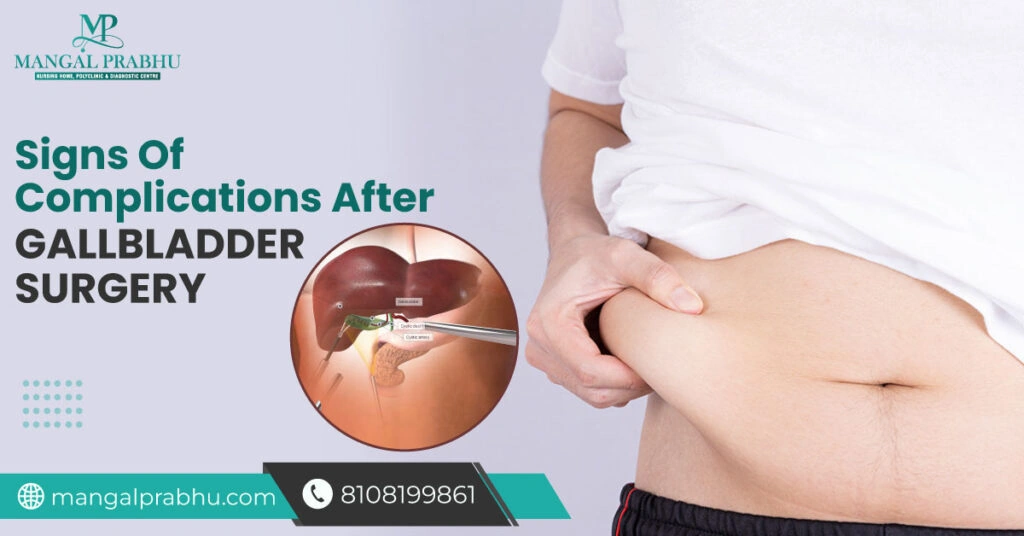
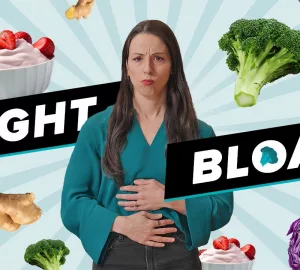


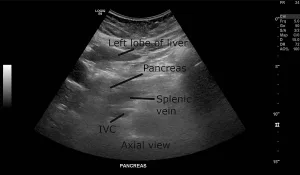
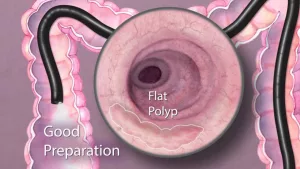

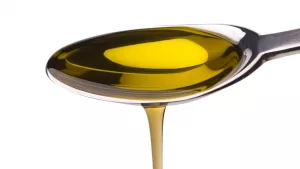
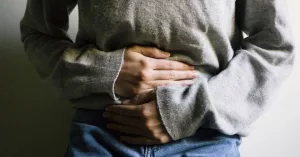




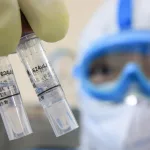
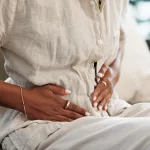
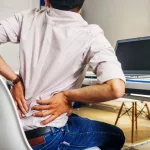

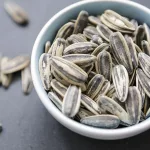

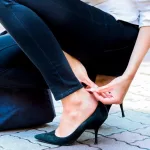




Leave a Reply
You must be logged in to post a comment.